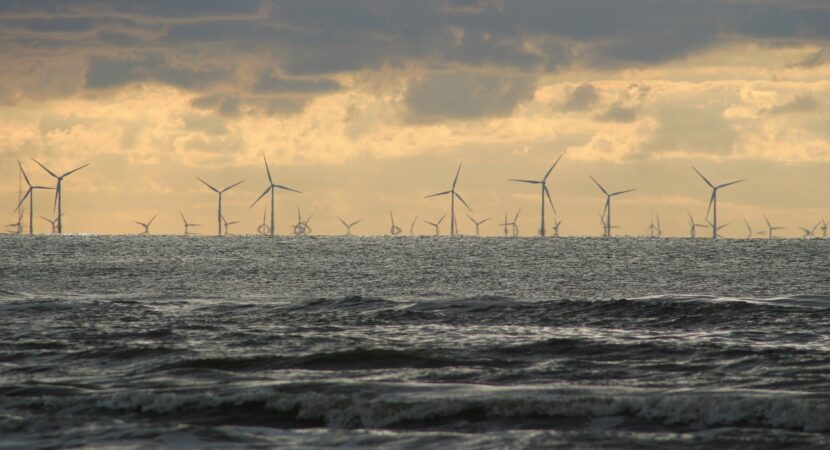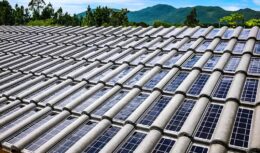
As a way to reduce the costs of projects in the segment and attract investments for the generation of the resource, the rapporteur for the legal framework for offshore wind energy generation reduced the royalty floor for energy production in this medium in his proposal.
On Tuesday (05/07), the rapporteur for the framework for offshore energy generation, Senator Carlos Portinho (PL/RJ), reduced the floor of royalties collected in his proposal for a legal framework for wind farms. In this way, the senator aims to attract new investments to the wind power in the country and enable the approval of the framework for offshore wind generation, taking advantage of the potential that the country has in this sector.
Senator Carlos Portinho announces a reduction in the collection of royalties on offshore wind production and aims to reduce costs associated with projects in the country
Senator Carlos Portinho decided to reduce the collection of royalties on offshore energy production in Brazil, an amount collected by the Union and shared among the states for investments in urban infrastructure and quality of life.
Thus, one of the main points of the rapporteur's proposal is the reduction in the participation that is intended to be charged on the value of energy generated offshore, which has now gone from 5% (original) to 2% (in the opinion).
This decision was taken with the aim of ensuring a reduction in costs associated with offshore wind energy production projects in Brazil. This happens because projects in this segment are still in their initial stages and this is still a little explored sector in the national territory, which can cause uncertainty for the private market. Thus, with the reduction in royalties in the proposed legal framework, the rapporteur intends to make the segment more attractive to large investors in the coming years.
Currently, there are 133 GW under license in wind farms on the coast of seven states and the Federal Government's expectation is that these projects will grow significantly over the next few years.
Thus, the reduction in royalties will be a great benefit for the sector and Carlos Portinho's opinion states: “(…) I propose that [the rates] be reduced to 2%, instead of 5% of the original proposal, in in order to make the entry process for new investors in this very relevant sector more competitive”, reaffirming the need to attract investments to offshore wind.
Proposal for a legal framework for offshore wind energy generation in Brazil is getting closer to being approved and the rapporteur remains optimistic
The current proposal for the legal framework for offshore wind energy generation in Brazil creates a policy of offering maritime areas for the installation of offshore wind farms and other floating energy projects, such as solar generation. And, although it was proposed by Senator Jean Paul Prates (PT/RN), Carlos Portinho is currently the front line in the search for approval from the project.
This is because the senator is the current leader of the Federal Senate and has been reinforcing the idea that the legal framework proposal is getting closer and closer to being approved, believing that it is possible to approve the project in the Infrastructure Commission (CI) of the Federal Senate of terminative form. In this way, there would be no need for the text to go through the plenary, a more time-consuming process, thus guaranteeing approval before the parliamentary recess period.
The works of the National Congress will be suspended on the 14th of July and, now, Carlos Portinho seeks to move forward with the proposal for the legal framework for offshore wind so that approval takes place before the recess and hopes to be able to finalize this process in the period projected for this month.












Army summons Brazilians with up to…
Come be a watermelon, you too
Air Force F-16 fighters…
Everything is fine, 100-year secrecy,…
Air Force F-16 fighters…
Which genocide are you talking about? Than…
Air Force F-16 fighters…
Well... It's flying scrap... Typical...
Brazil begins an ambitious journey…
Very poor project with the final station…
"No contest"? Hanger in full swing, rigging…
Yes, I'm waiting for its release in Brazil
Even here there are idolatrous cattle, the...
In fact, the future is fusion…
Good morning friends, in this little-informed matter…
When popped on a roof, when absolved and transformed…
They really are money-sucking rats…
Corolla best car I've ever had!